What began as a simple family outing to adopt a rescue dog quickly turned into a night of panic, hidden secrets, and difficult truths. That night made me question everything I believed about trust and family.
Last weekend, I thought I lost my son.

It all started with a dog. My son, Andy, had been begging for one for months. Every day, he’d ask, “Dad, can we please, please get a dog?” He was relentless, and I was getting close to giving in. But he also had to convince Kelly, my wife.
After a lot of talking, my wife finally agreed. She looked at me seriously and said, “Fine, but only if it’s small and well-behaved. We’re not getting some big, messy mutt.”
Kelly had grown up in a tidy home, where pets were seen as small, clean, and polite. A poodle or a Yorkie, maybe, but definitely not a scruffy dog. Our son, though, wanted a real friend.

The shelter was loud, full of barking and howling. Andy’s eyes lit up as we walked down the rows of kennels, skipping over the fluffy dogs we were supposed to be considering.
Then he stopped. In front of us was a kennel with the scruffiest dog I’d ever seen. She had tangled fur, big brown eyes, and a tail that looked crooked. She didn’t bark, just looked at us, tilting her head as if curious.
I squatted down next to Andy. “She’s not exactly what your mom wanted, buddy.”
“She needs us,” he said, looking at me with a stubborn glint. “Look at her. She’s… sad. We could make her happy.”

“All right,” I said, ruffling his hair. “Let’s bring her home.”
When we walked in, my wife’s face fell. “She’s a little scruffier than I imagined,” she said, glancing between the dog and me.
“Come on, Daisy’s great,” I said, grinning. “Besides, they’re already best friends.”
She forced a small smile, looking unconvinced. “I just hope she doesn’t ruin the carpets.”
That evening, as we got ready for bed, Daisy wouldn’t settle down. She paced around, whining softly.
“Can’t you do something about that?” Kelly sighed, looking irritated.
“She’s probably nervous being in a new place,” I said. “Maybe she just needs some attention.”
Kelly hesitated, then swung her legs over the bed. “Fine. I’ll give her a treat or something,” she muttered and left the room.
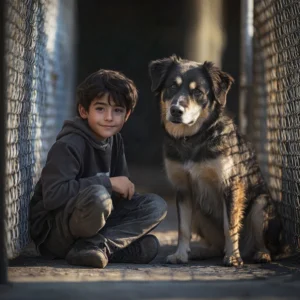
Minutes later, she returned, saying, “She just needed a treat.” She climbed into bed, and the whining stopped.
I woke up around 3 a.m. to a strange quiet. Something felt wrong. I got up to check on Andy. His bed was empty, the covers on the floor, and the window slightly open.
A cold panic crept over me.
I rushed down the hall, checking every room, calling his name louder each time. But he was nowhere.
I ran back to the bedroom and shook my wife awake. “He’s not in his room,” I said, my voice shaking. “The window’s open. Daisy’s gone too.”
She sat up, her eyes wide, but there was something else—guilt?
“Maybe she escaped, and he went after her?” I asked, desperate for an answer.
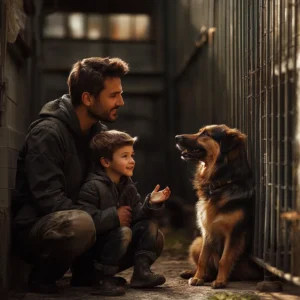
She bit her lip, hesitating. “I don’t… I don’t know,” she stammered.
I picked up my phone and called the police, praying he was somewhere nearby.
Just as I was about to step outside, there was a soft scratching at the door.
When I opened it, Daisy sat there, covered in mud, panting. I dropped to one knee, feeling a mix of relief and confusion.
“Daisy?” I whispered. “Where were you?”
It felt strange to ask a dog, but I was desperate. She just looked up at me with tired eyes.

Hours later, just as dawn broke, my phone buzzed. It was Mrs. Carver, an elderly neighbor who lived nearby.
“I saw a little boy near the woods behind my house,” she said. “He looked… lost.”
I thanked her, grabbed my keys, and headed to the car. Kelly and Daisy followed, looking tense. The woods weren’t far, but it felt like miles.
When we arrived, I ran into the woods, calling his name. And then, finally, I saw him.
He was curled up under a tree, shivering, his face dirty. I knelt beside him, pulling him close.
“Buddy,” I said, my voice breaking. “You scared us half to death.”
He looked up, his face lighting up when he saw Daisy behind me. She’d followed us, sniffing the ground.
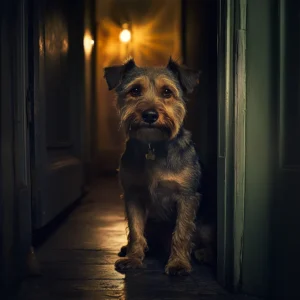
“Daisy,” he whispered, hugging her. “I thought you ran away because of me.”
I picked him up, wrapping him in my arms. “Let’s go home, all right?”
He nodded, looking back at Daisy like she was the only thing keeping him safe.
When we got back to the house, relief washed over me. My son was safe, Daisy was with us, but something still felt off.
My wife was tense, her eyes avoiding mine. She seemed distant, almost nervous. After we’d settled Andy on the couch with a blanket, I turned to her.
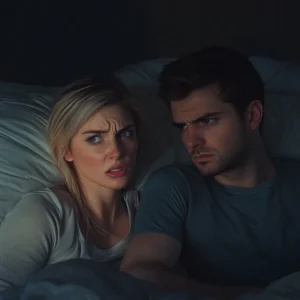
“I swear I locked the door. How did Daisy get out?”
She looked down, her hands twisting. After a long pause, she took a deep breath. “I… I let her out.”
I stared, not understanding. “You… let her out?”
Her eyes filled with tears. “I thought… maybe if she disappeared, he’d get over it. She wasn’t the dog I wanted. She’s… scruffy, and I didn’t think she fit here.”
I felt anger and hurt boiling inside. “So you just… let her go?”
“I didn’t know he’d… he’d go after her,” she whispered, her voice breaking. “I thought he’d be sad, then move on. I didn’t want this mess. I just wanted things to be normal.”
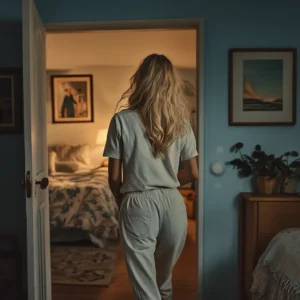
“Normal?” I repeated. “You put him in danger because you couldn’t handle a little mess?”
She sank into a chair, covering her face. “I’m so sorry. I didn’t know he’d do something so brave or that Daisy would stay with him. I didn’t think.”
I shook my head, struggling to understand. I looked at Andy, snuggled up with Daisy on the couch, her head on his lap. They’d bonded through something none of us had expected.
“I don’t know how we move past this,” I said quietly. “But for now… Daisy stays. She’s part of this family, and you need to accept that.”
She nodded, wiping her eyes, realizing the weight of what had happened.
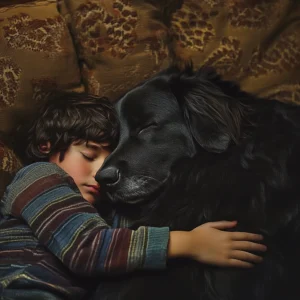
As I watched Andy stroke Daisy’s fur, a small, hopeful warmth rose in my chest. Family wasn’t about having things perfect. Sometimes, it was about the imperfect moments, the scruffy dogs, and the quiet forgiveness that held us all together.
I Found Out about the Birth of My Son from a Facebook Post – Is the Lesson I Taught My Wife Justified?

I Found Out about the Birth of My Son from a Facebook Post – Is the Lesson I Taught My Wife Justified?
I discovered my son’s birth through a Facebook post. What came next shattered my world and forced me to teach my wife a lesson she would never forget.
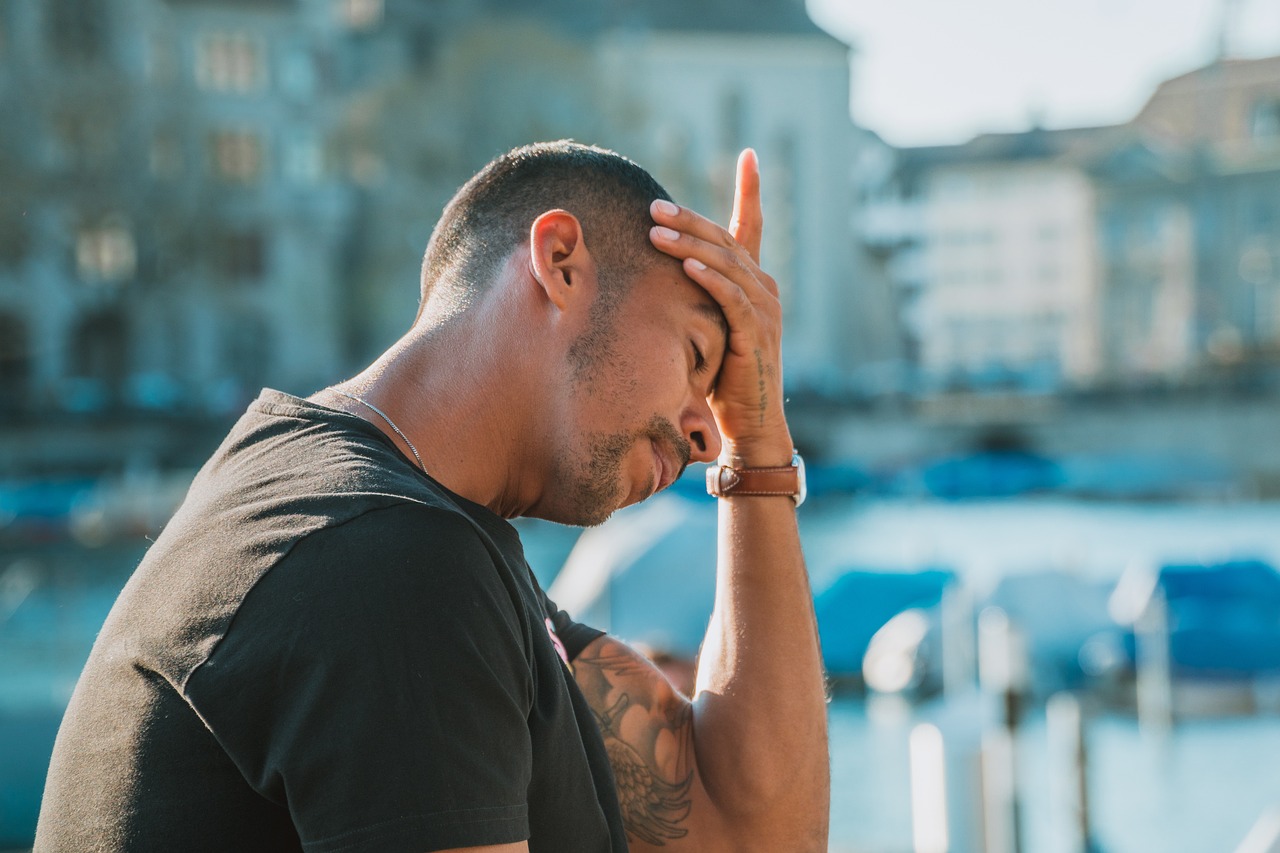
A man looking stressed | Source: Pixabay
It’s hard to believe this is my reality. But here I am. My wife, Julia, and I had wanted kids for years. So, when she finally got pregnant last year, we were thrilled.
I wanted to be the best husband and future father I could. Her father had never been involved in her life, and my brother isn’t the most involved dad.

A couple gazing at each other | Source: Pixabay
I saw too many problems up close when husbands were absent, and I was determined not to make the same mistakes. However, just a few weeks into her pregnancy, everything started going downhill.
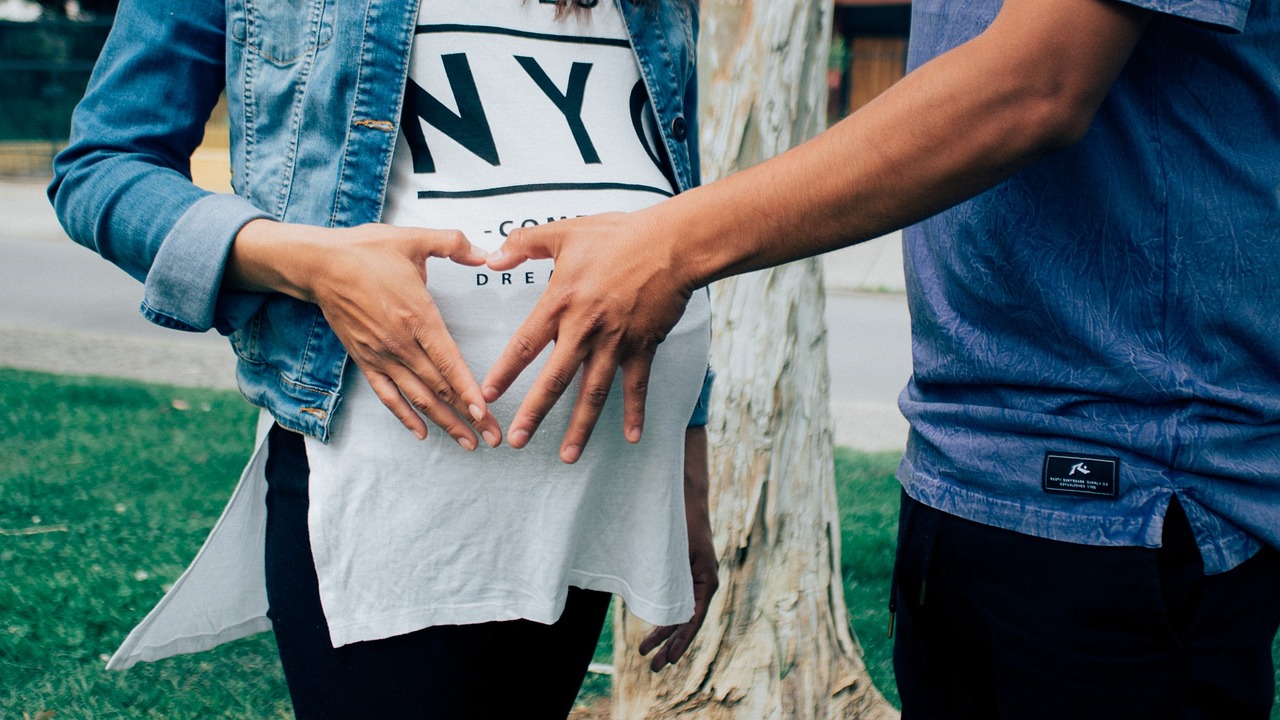
A pregnant couple | Source: Pixabay
Julia stopped wanting sex. “I just don’t feel like it, Mason. It’s too much right now,” she would say. I understood it was due to hormones and stress, so I respected her wishes. But then she didn’t want any physical interaction. No cuddling, no kissing. On top of that, she became increasingly distant.
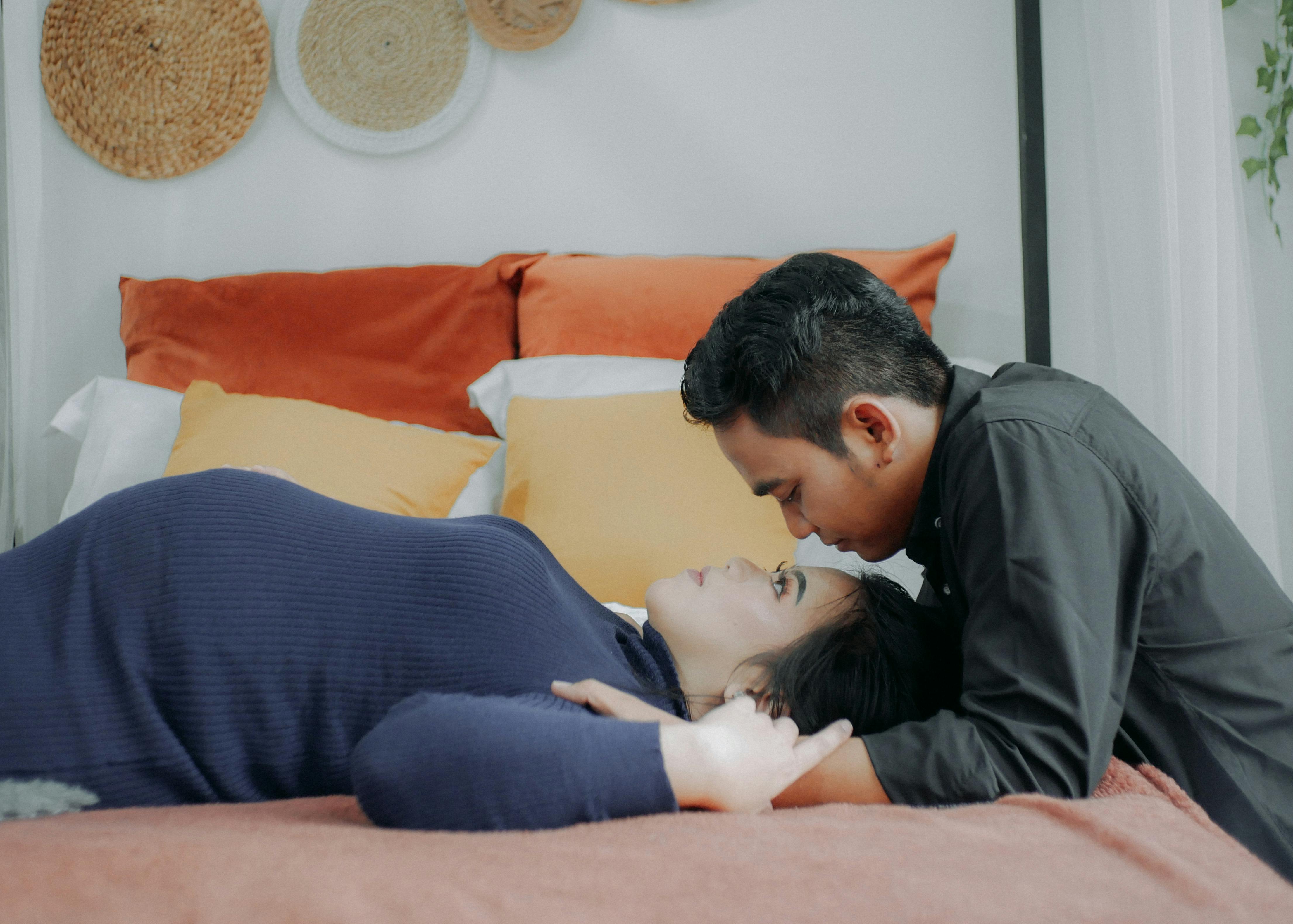
A pregnant woman and her husband looking at each other in bedroom | Source: Pexels
Her eating habits constantly changed. One evening, Julia demanded, “Mason, I need pickles and ice cream right now.”
“Sure thing, honey,” I replied, hurrying to the store. When I returned, she snapped, “I don’t want this! I want sushi!”
“Julia, you asked for this just an hour ago,” I said, confused.
“I don’t care! Just get me sushi,” she screamed. I attributed this to hormonal issues and dealt with it.
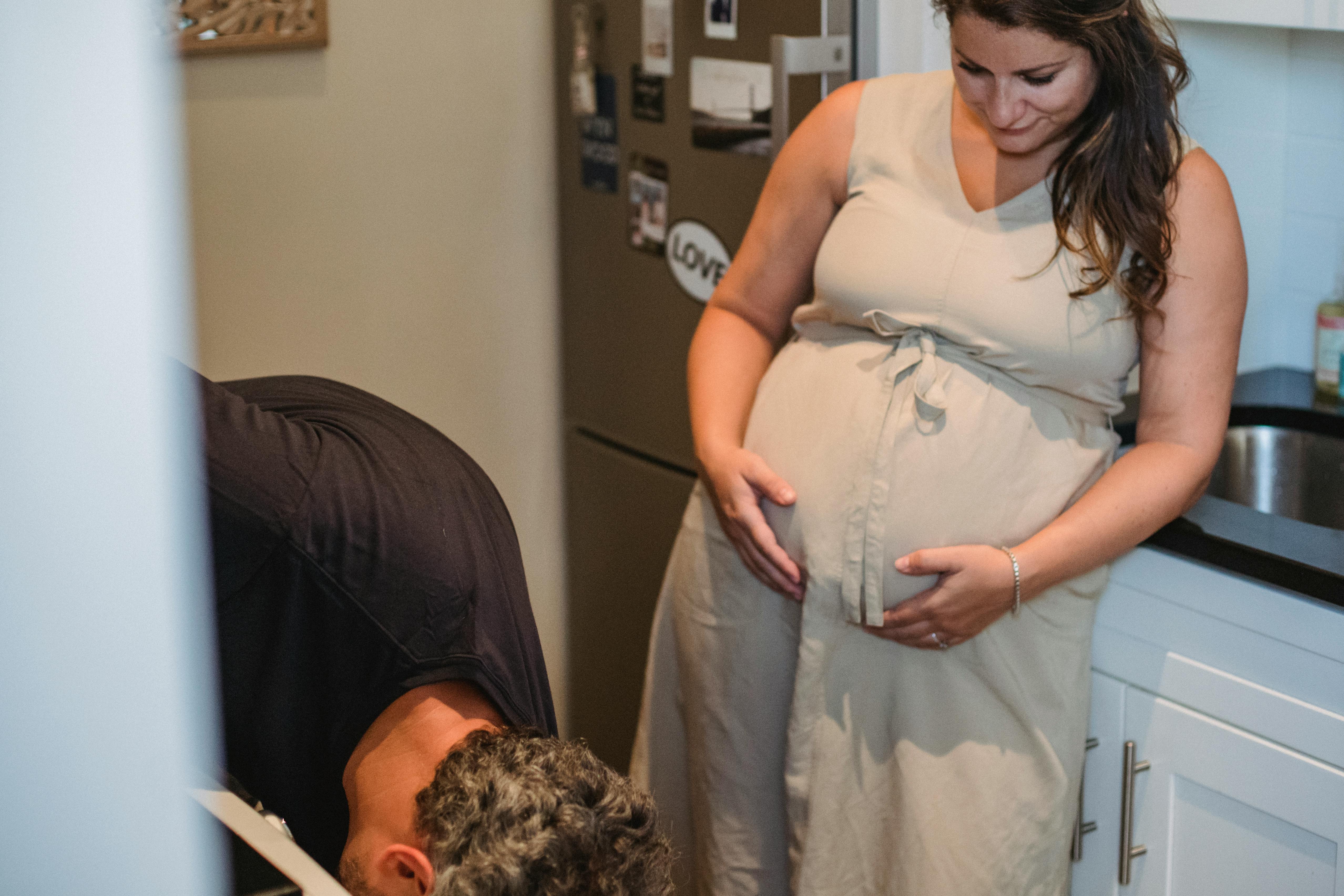
A pregnant woman touching her belly while looking at husband | Source: Pexels
She never let me go to any appointments or groups she attended. “It’s just easier if I go alone,” she insisted. “I don’t want you hovering over me.”
“But I want to be involved, Julia,” I protested.
“I said no, Mason!” she snapped. She spent more time away from home, became cold and bitter, and was constantly angry at me. This went on for months.

An angry man sitting by the table while looking at a woman | Source: Pexels
One night, I came home exhausted. “Julia, I made dinner,” I called out.
“I’m not eating that,” she said, eyeing the food with disdain.
“But I spent hours making it,” I said, frustrated.
“Do you ever think about what I want?” she shouted. “You never listen!” Then, she slapped me. I was stunned to the point of silence.
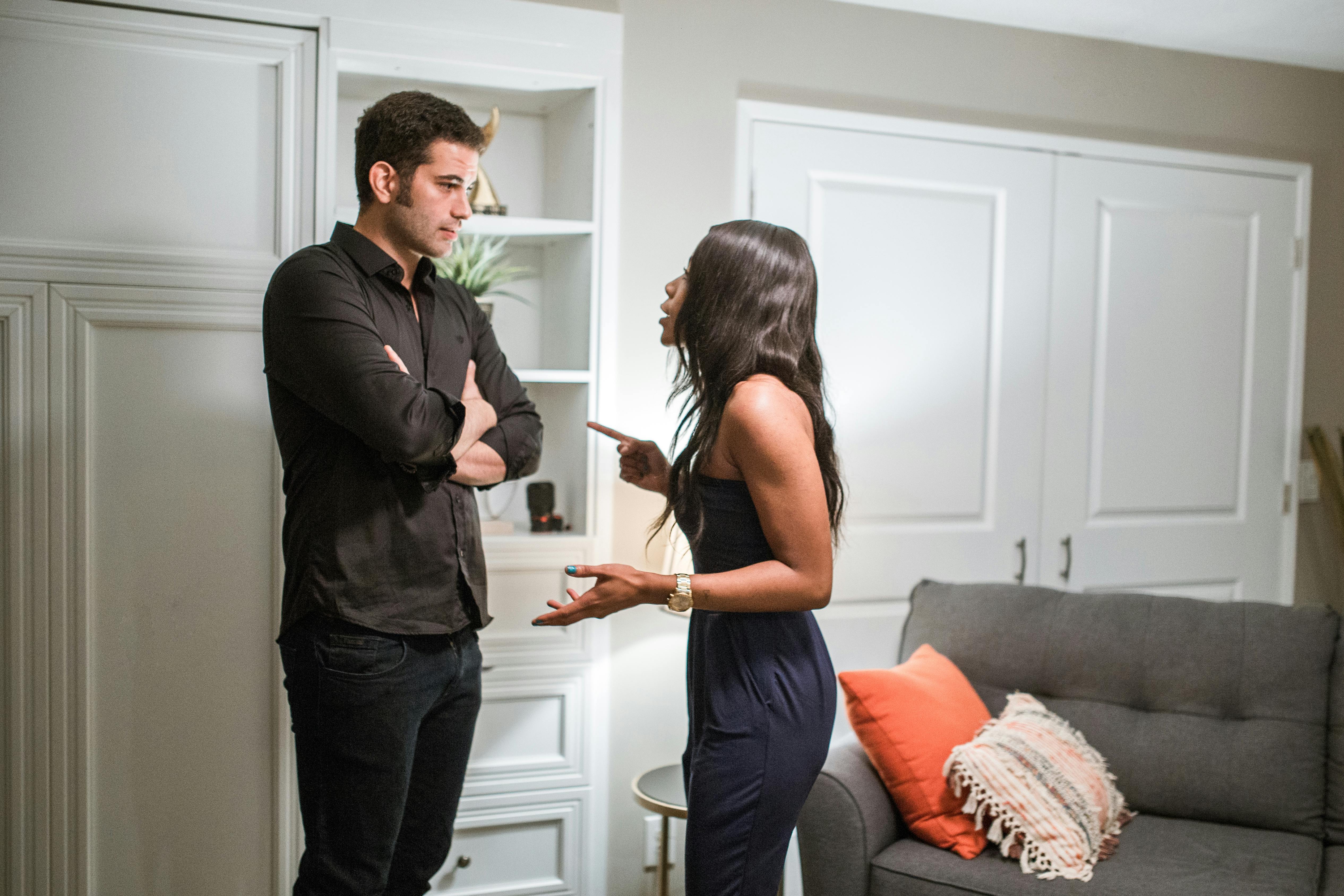
A couple arguing | Source: Pexels
She stopped doing anything around the house about a month into the pregnancy. Sure, moving around is hard when pregnant, but she wouldn’t even help out with laundry. By the fifth week, I was doing everything. My work was also our primary source of income. I was barely sleeping, and running on fumes.

A young man in sleepwear | Source: Pexels
She made me sleep in the guest room and always tried to pick fights. “Why don’t you just leave if you can’t handle this?” she would taunt. I never even raised my voice.
I constantly reminded myself this wasn’t her and it would all be worth it. She didn’t want me to make any decisions regarding the baby. No name choices, no work on the nursery, nothing.

A tired man looking in mirror in the bathroom | Source: Pexels
One month before she delivered, Julia yelled at me about how useless I was. “I’m going to stay with my mother. Don’t bother calling,” she declared. She refused to let me get her anything, threatened to divorce me, and even threatened a restraining order if I called her.

A woman shouting at a man | Source: Pexels
A couple of weeks ago, I found out about the birth of my son, Jason, from a Facebook post. Julia posted it with her mother and some family. It broke me. When I tried to visit them at the hospital, security kicked me out.

A smartphone showing a Facebook application | Source: Pexels
After finding out about Jason’s birth, I started doubting if Jason was mine. I wanted a paternity test, but Julia didn’t answer my calls. I was heartbroken. Two weeks later, Julia’s brother picked up the phone.

A man on a phone call | Source: Pexels
“Mason, you need to know the truth,” he said. “Julia had an affair with a coworker. She believed the baby was his.”
I was stunned. “What? How could she do this to me?”
“She didn’t know how to tell you. Her coworker promised to be with her, but he left when he found out the baby wasn’t his,” her brother explained. “I thought you should know.”
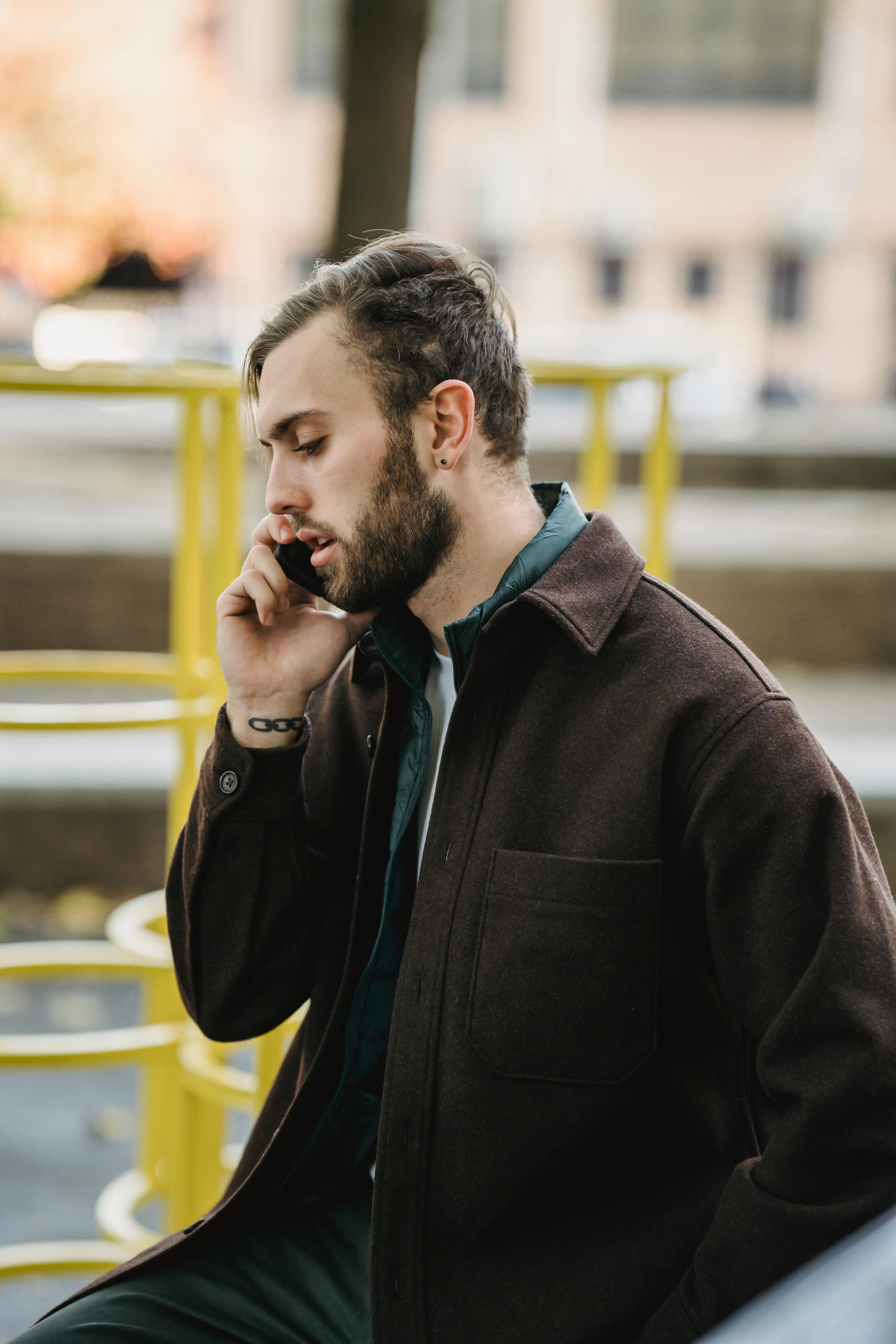
A pensive man talking on the phone while on the street | Source: Pexels
When I found out about Julia’s betrayal, I was furious. With the help of my lawyer, I demanded a paternity test. When it was confirmed that I was indeed the father, I was finally able to hold my son for the first time when he was almost a month old.
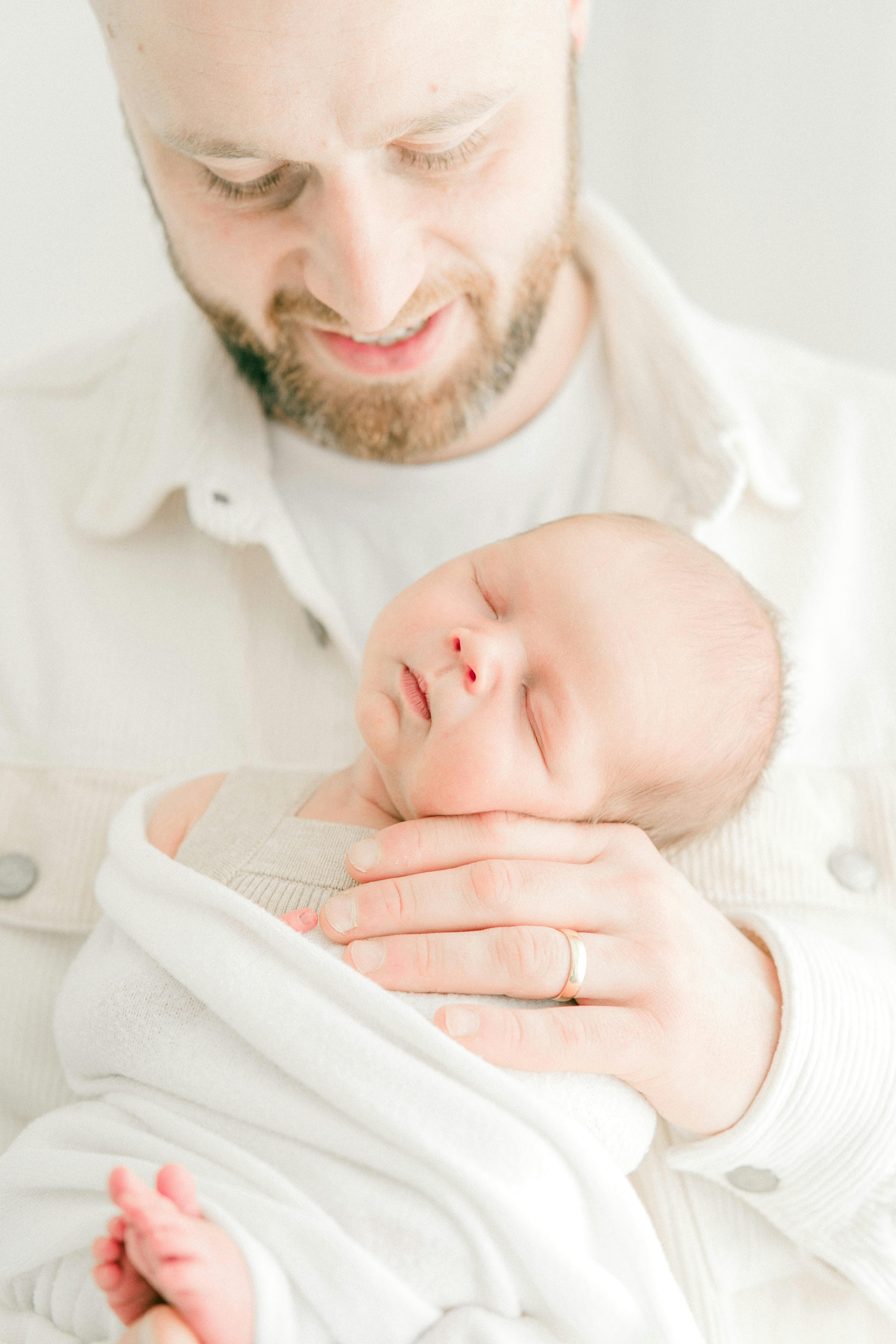
A newborn baby held by a happy father | Source: Pexels
I then taught Julia a lesson. We had a prenup, and I owned our marital home. I filed for divorce and was confident that I would win. I also contacted Julia’s job and revealed her relationship with the coworker. Her company had strict rules and fired both Julia and the coworker.

A man and a woman discussing at their workplace | Source: Pexels
I filed for full custody of Jason, claiming Julia wasn’t stable enough to provide for him. Julia begged me to forgive her, but I didn’t. She had no option left but to move in with her mother.
Julia’s life changed drastically after moving in with her mother. The relationship between Julia and her mother became strained. “How could you let this happen, Julia?” her mother would often ask, frustration clear in her voice.

Two women arguing | Source: Pexels
“I made a mistake, Mom. I didn’t know it would turn out like this,” Julia would reply, her eyes welling up with tears.
Her mother sighed, “Losing your job was one thing, but your actions have consequences. Look at where we are now.”

Two women arguing | Source: Pexels
Julia struggled with the reality of her situation. Every day was a reminder of her fall from grace. Without a job, she had no financial independence.
Her mother’s constant lectures didn’t help. “I can’t believe you jeopardized everything for a fling,” her mother said one evening, shaking her head in disbelief.

An unrecognizable woman having argument with an upset female | Source: Pexels
“Mom, I’m trying to make things right,” Julia insisted.
“Trying isn’t enough, Julia. You need to face the reality that you’ve hurt a lot of people,” her mother retorted.
Their conversations were filled with tension and regret. Julia felt trapped and isolated. Her mother’s disappointment weighed heavily on her, making her realize the full impact of her decisions. Every day, she faced the reality of her actions and the life she had lost.

A woman covering her face with her head down | Source: Pexels
After hearing me out in court and learning my story, the judge granted me full custody, especially since Julia didn’t protest. I decided to move on with my life and become the best father I could be. I allowed Julia to see Jason according to the court arrangements.
Was I justified in the lesson I taught my ex-wife?
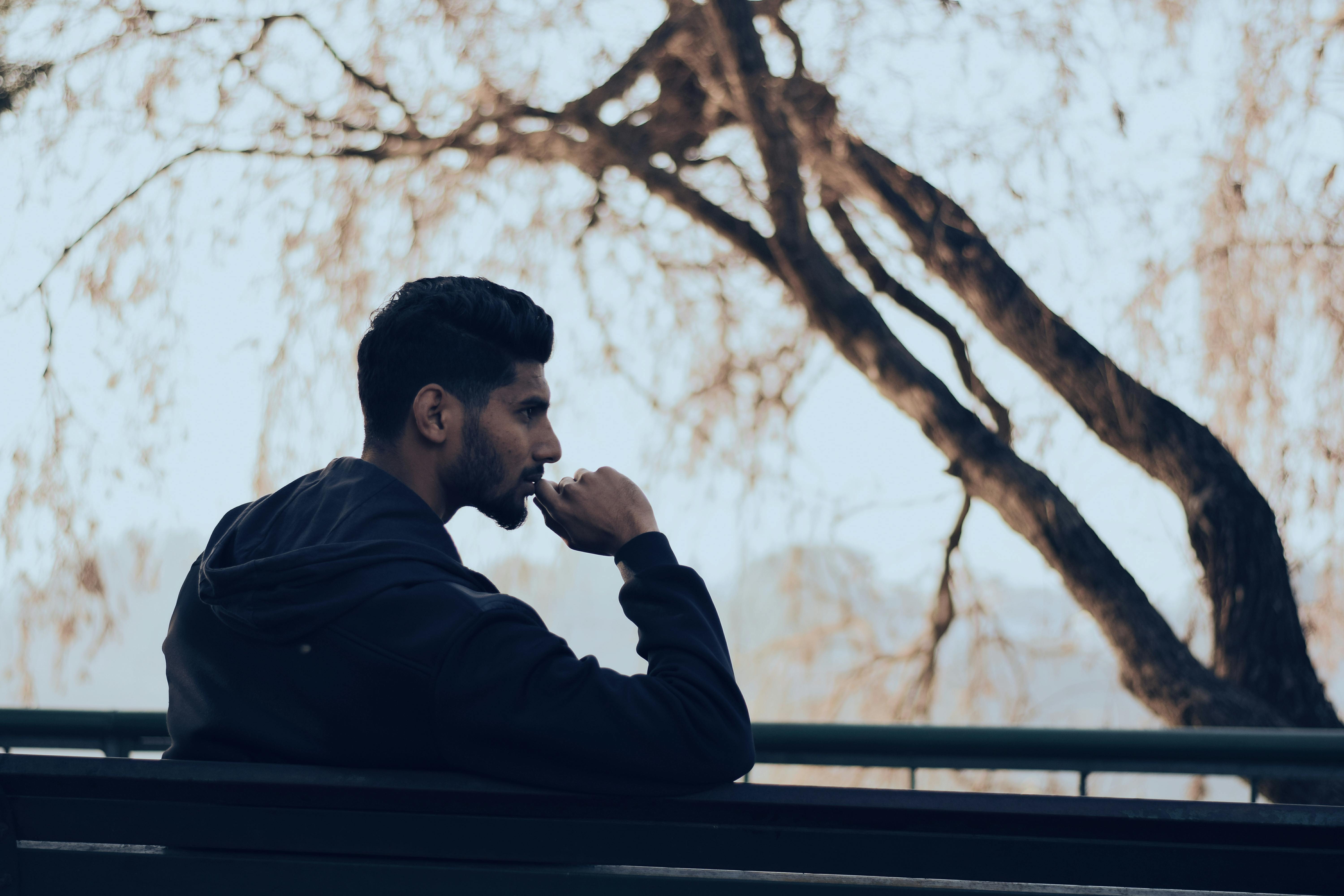
A man in sitting on a bench near trees | Source: Pexels

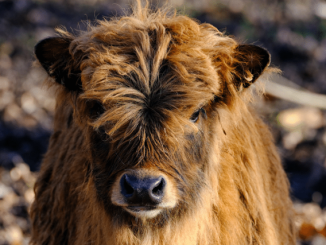

Leave a Reply